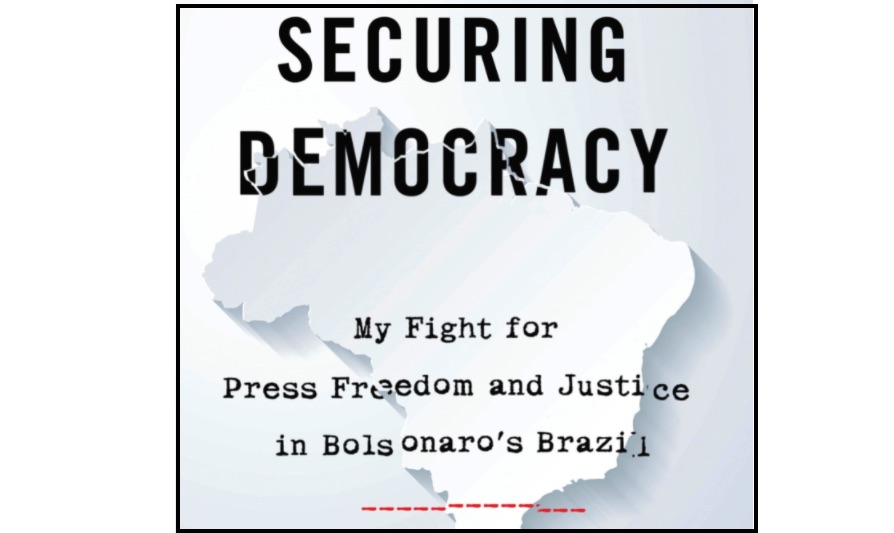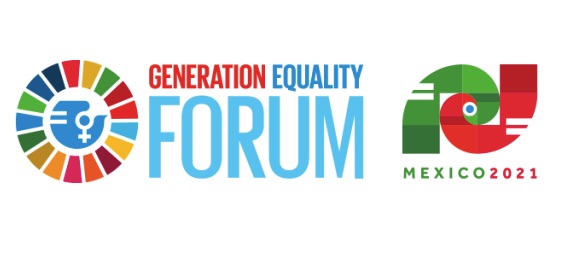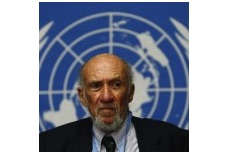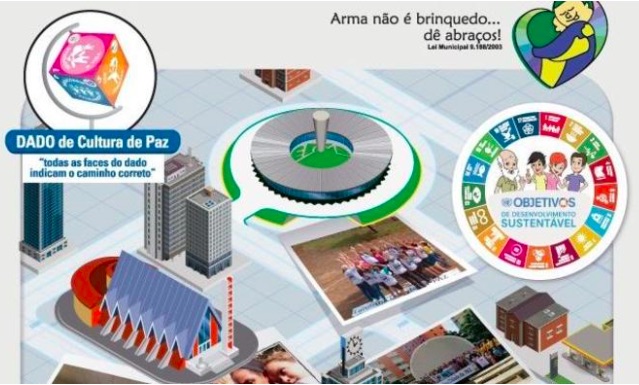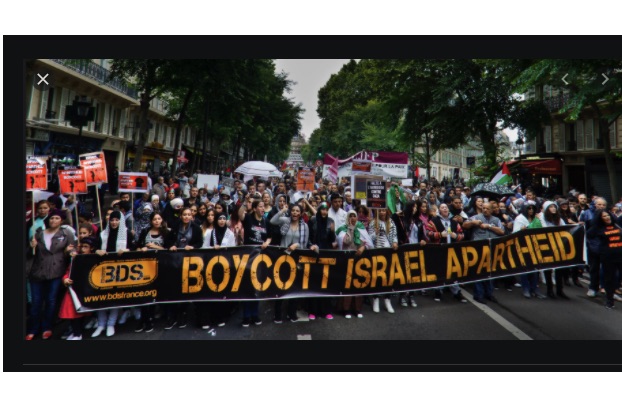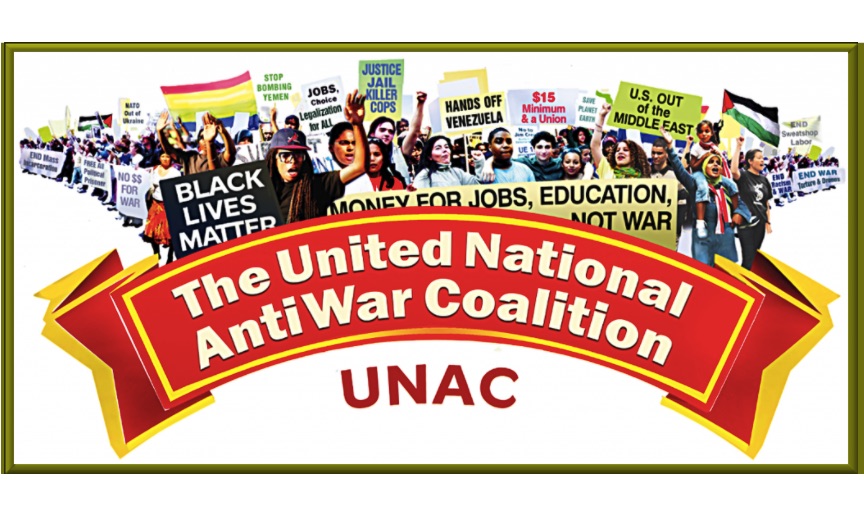Believing that a solution to the conflict between Israel and Palestine is the key to peace in the Middle East, CPNN has carried many articles on this subject. Increasingly it is recognized that the situation resembles the apartheid of South Africa.
The overcoming of apartheid was accomplished by a combination of struggle within South Africa and international pressure through boycotts, divestment and sanctions. In this regard, a number of important developments have occurred since the beginning of this year.
SANCTIONS
A report released by Human Rights Watch : Abusive Israeli Policies Constitute Crimes of Apartheid, Persecution Human Rights Watch on April 27 states that the Israeli oppression of Palestinians has reached a “threshold and a permanence that meets the definitions of the crimes of apartheid and persecution.” According to HRW director Kenneth Roth, “Those who strive for Israeli-Palestinian peace, whether a one or two-state solution or a confederation, should in the meantime recognize this reality for what it is and bring to bear the sorts of human rights tools needed to end it.”
The HRW report confirms previous reports, such as that of January 12 by the Israeli human rights group, B’Tselem labelling Israel as an “apartheid state.” According to Richard Falk, who served from 2008-2014 as the United Nations Special Rapporteur on the situation of human rights in the occupied Palestinian territories, B’Tselem is Israel’s most respected human rights organization. He states that the report “confirms earlier UN reports and allegations that the Palestinians are victimized by an apartheid regime that seeks to impose policies and practices that ensure the supremacy of Jews by victimizing the Palestinian people.”
Perhaps the most important development is the decision of the International Criminal Court on February 5, 2021. By a 2-1 vote the Chamber’s decision affirmed the authority of Fatou Bensouda, the ICC Prosecutor, to proceed with an investigation of Israeli war crimes committed in Palestine since 2014. Richard Falk considers that ICC decision may turn out to be a turning point in the struggle against Israeli apartheid, not unlike the 1960 Sharpeville Massacre in South Africa.
According to Michael Lynk, the present United Nations Special Rapporteur for the situation of human rights in the occupied Palestinian territory, the ICC decision “offers profound hope to those who believe that consequences, not condonation, must be the answer to the commission of grave crimes . . . Ending impunity and pursuing justice can only bring us closer to peace in the Middle East.”
BOYCOTTS AND DIVESTMENT
Boycotts and divestment continues to develop around the world, especially from religious and academic institutions, as reviewed in the website of the BDS movement.
STRUGGLE WITHIN PALESTINE
Pressure continues to grow for elections in Palestine in order to arrive at a unified struggle against apartheid, since elections previously scheduled for May have been postponed. Palestinian activist Mazin Qumsiyeh reports on key points towards a electoral program for the needed social change, as agreed to in recent discussions with Palestinian activists. These include, among other points :
– Support for human rights including a) the right of return for refugees to their homes and lands and to be compensated for their suffering, b) the full equality to women (in all aspects of social, educational and economic rights, c) the right to education to all, d) the right to due process of law, e) the right to clean and healthy environment, d) right to food/sustenance and shelter;
– Complete freedom of expression through all communication media;
– Mechanisms created to weed out corruption, nepotism and other unethical behaviors in all levels of society;
STRUGGLE WITHIN ISRAEL
Israel has not seen mass demonstrations for justice for Palestine since 2017 when some 15,000 Israelis attended a Tel Aviv rally to demand progress for a two-state solution to the conflict.
However, there continues to be a movement among young Israelis to refuse to serve in the armed forces. In January of this year sixty Israeli teenagers published an open letter addressed to top Israeli officials declaring their refusal to serve in the army in protest of its policies of occupation and apartheid.
WHEN WILL IT END, AND HOW?
Quoting Richard Falk, “the African majority waited more than 30 years for their emancipation from apartheid. The Palestinian people have already endured the hardships and humiliations of racist subjugation and Jewish supremacy for more than 70 years. When will it end, and how?”
|
HUMAN RIGHTS |
FREE FLOW OF INFORMATION |
SUSTAINABLE DEVELOPMENT |
DEMOCRATIC PARTICIPATION |
|
WOMEN’S EQUALITY |
DISARMAMENT & SECURITY |
TOLERANCE & SOLIDARITY |
EDUCATION FOR PEACE |

